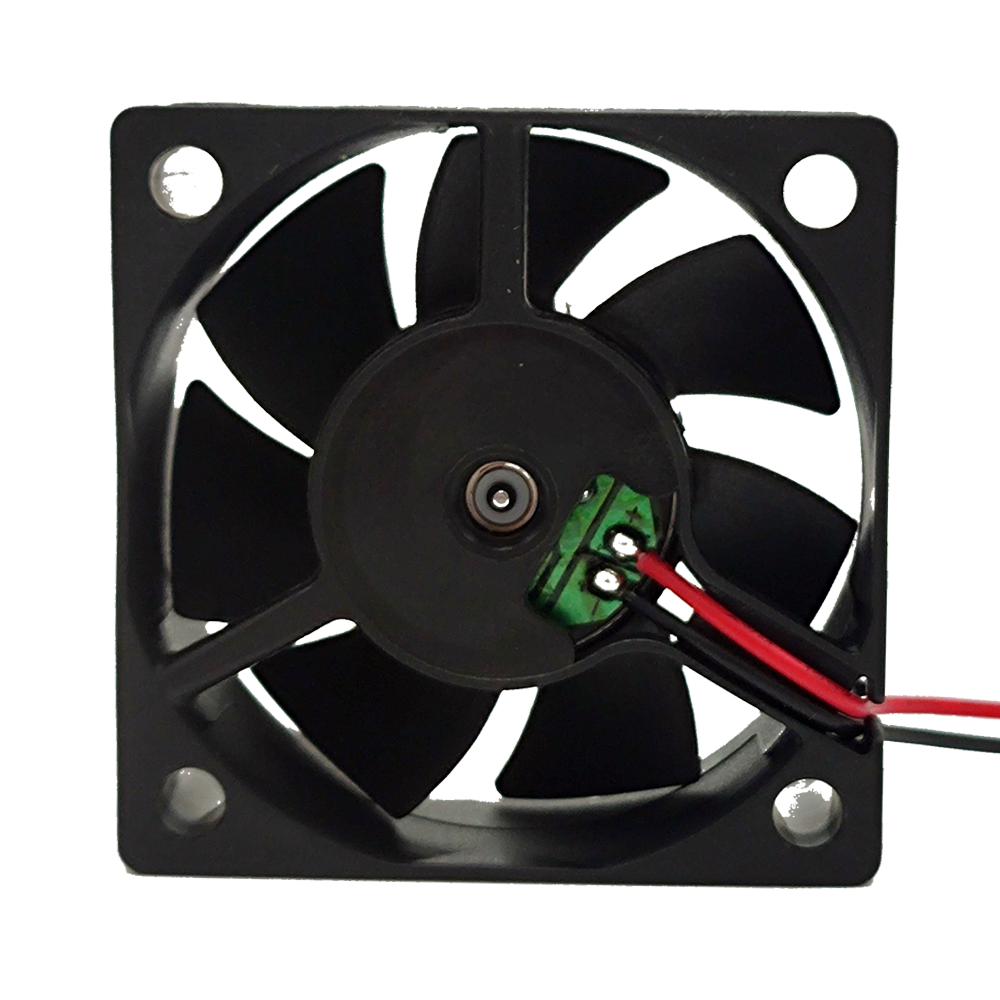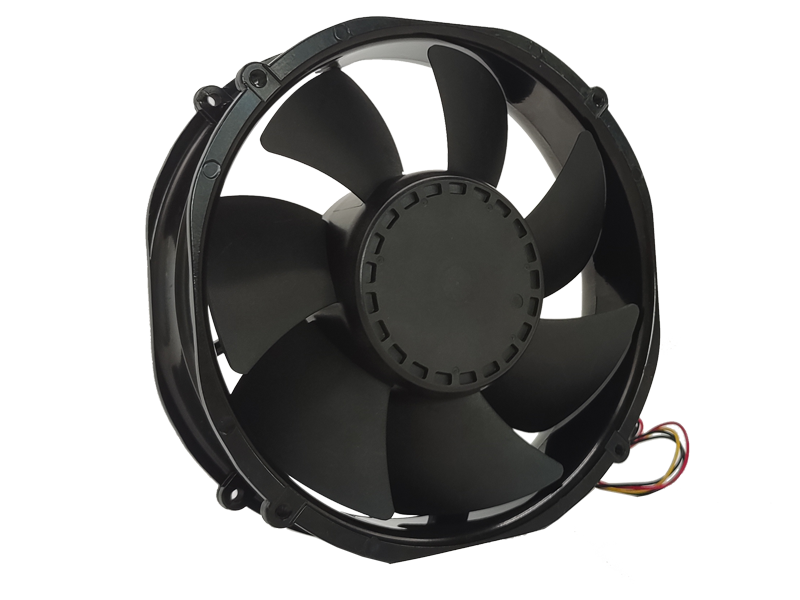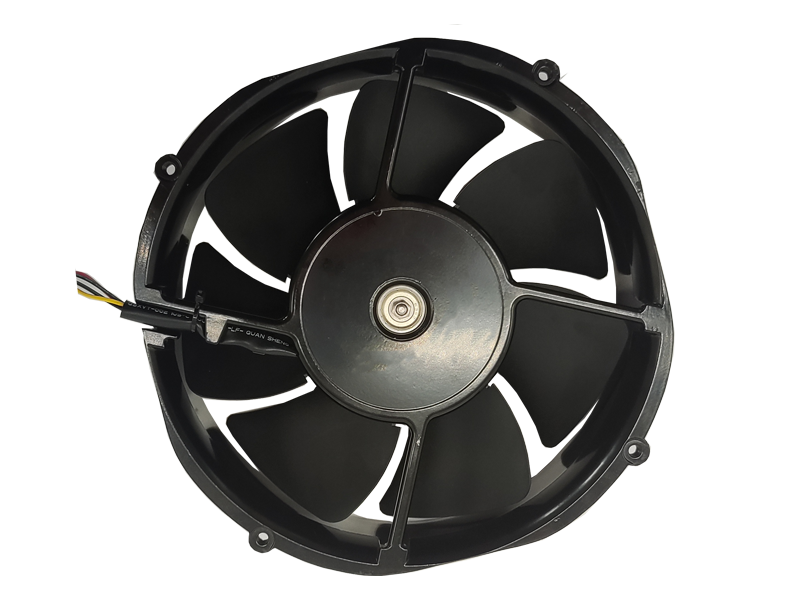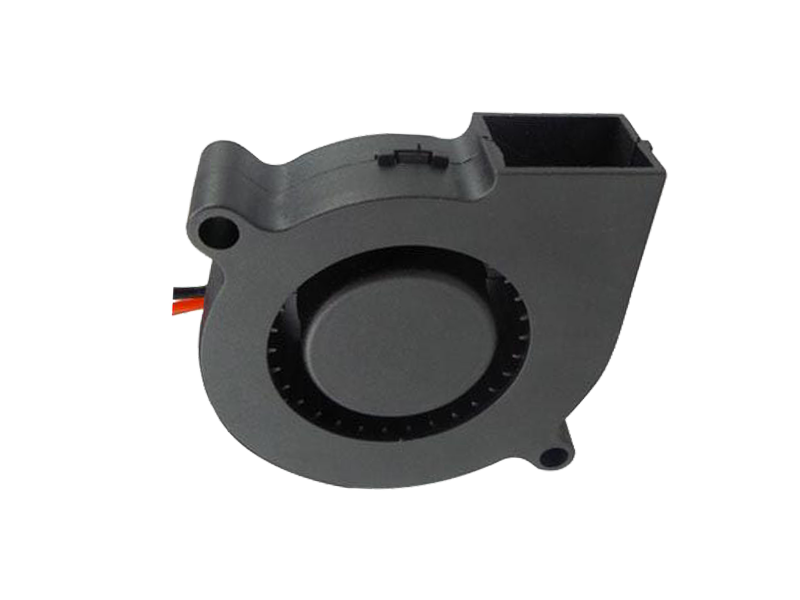Industrial fans play a pivotal role in modern manufacturing facilities, where maintaining optimal temperature, humidity, and airflow is crucial for production efficiency and product quality. From controlling the environment in high-heat manufacturing processes to ensuring the ventilation of hazardous areas, industrial fans contribute to the smooth operation of a variety of industries, including automotive, food processing, textiles, and electronics. In this article, we will examine the integral role industrial fans play in manufacturing environments, how their design influences production efficiency, and the factors that businesses must consider when selecting industrial fans for their specific needs.
1. Applications of Industrial Fans in Manufacturing
In modern manufacturing settings, industrial fans are used in a variety of applications, each with its own specific needs and challenges. Some of the most common applications include:
Ventilation and Cooling: In many manufacturing processes, excessive heat can build up, affecting both the performance of machinery and the comfort and safety of workers. Industrial fans help maintain an even temperature, ensuring that machinery operates efficiently and that employees are not exposed to dangerous heat levels. Fans are also used in high-temperature processes, such as metalworking or plastic molding, where cooling is essential to prevent overheating and damage to equipment.
Dust Control and Air Purification: Many manufacturing facilities, particularly those in the food, pharmaceutical, and chemical industries, require fans to control dust, fumes, and other airborne particles. In these environments, industrial fans are used in combination with filtration systems to ensure air quality and worker safety. Effective dust control is essential for maintaining compliance with health and safety regulations and preventing long-term damage to workers' respiratory health.
Airflow Management in Storage and Warehouse Spaces: In large warehouse spaces, where temperature and humidity levels need to be carefully regulated to protect sensitive goods, industrial fans help manage airflow to ensure even distribution of air throughout the space. This is especially important in the storage of perishable goods or sensitive electronic components, where temperature fluctuations can affect product quality.
2. The Impact of Industrial Fans on Production Efficiency
Efficient airflow is a key factor in maximizing production efficiency, and industrial fans play a direct role in optimizing the conditions that contribute to smooth manufacturing processes. Below are some of the ways industrial fans impact production efficiency:
Maintaining Optimal Temperature for Equipment: Many manufacturing processes rely on precise temperature control to ensure high-quality products and prevent equipment failure. Fans ensure that cooling systems work effectively, preventing overheating that could cause breakdowns and slowdowns in production. Without proper temperature regulation, equipment can suffer from reduced performance, or worse, fail entirely, leading to expensive downtime.
Improved Worker Productivity and Safety: Industrial fans also improve worker comfort by maintaining appropriate temperature levels in the workplace. A comfortable working environment increases employee productivity and reduces the likelihood of heat-related health issues. Additionally, effective ventilation systems reduce the risk of exposure to harmful fumes and gases, ensuring a safer work environment.
Energy Efficiency and Cost Savings: The efficiency of industrial fans has a direct impact on overall energy consumption. Newer, more energy-efficient models equipped with variable-speed motors allow businesses to optimize fan performance based on real-time needs, which significantly reduces electricity consumption. This can lead to substantial cost savings, especially in large manufacturing facilities with multiple fans operating simultaneously.
3. Key Factors to Consider When Selecting Industrial Fans
When selecting industrial fans for manufacturing environments, several factors must be considered to ensure that the fans meet the specific needs of the business and contribute to production efficiency:
Airflow Requirements: The volume of air that needs to be moved is a critical factor in choosing the right industrial fan. Different applications require different airflow levels, and selecting a fan with too much or too little airflow can negatively impact production processes. The airflow requirement will vary depending on the size of the space, the type of materials being processed, and the specific temperature or humidity control needs.

Durability and Maintenance: Industrial fans are typically used in harsh environments, where they are exposed to high temperatures, moisture, chemicals, and dust. Choosing a fan made from durable, corrosion-resistant materials is essential to ensure longevity and reduce the need for frequent maintenance. Regular maintenance of industrial fans is also important to keep them operating at peak efficiency, reducing the risk of breakdowns and costly repairs.
Noise Level: In many manufacturing environments, excessive noise from industrial fans can be a concern, especially in facilities where workers are in close proximity to the equipment. Fans with noise-reduction features, such as sound-dampening enclosures and low-noise motors, help minimize disruptions to the work environment and ensure compliance with occupational health and safety standards.
Energy Efficiency: As energy consumption is a significant operational cost, selecting energy-efficient industrial fans is crucial for reducing energy bills. Variable-speed fans and fans with high-performance motors can adjust their power usage based on real-time needs, contributing to long-term energy savings.
Conclusion
Industrial fans are integral to the smooth operation of modern manufacturing facilities, improving production efficiency, ensuring product quality, and maintaining a safe working environment. The right industrial fan can help businesses reduce costs, improve employee productivity, and meet regulatory requirements. As industries continue to focus on efficiency and sustainability, manufacturers will increasingly rely on advanced fan technologies that optimize energy use, reduce noise, and ensure consistent performance.
Recommended Products

The main purpose:Car charging station

The main purpose:Car charging station

The main purpose:Electronic refrigerators, water dispensers, direct drinking machines, inverter power supplies
Address:No. 4137, Longgang Avenue (Henggang Section), Henggang Community, Henggang Street, Longgang District, Shenzhen
hotline:13530005572(Chen)15112579390(Li)


Welcome all friends to come for consultation and negotiation.
Copyright 2024 @ Shenzhen Youneng Xinyuan Electronics Co., Ltd.,(industrial fans,industrial blowers,axial fans,cooling fans manufacturer,centrifugal fans,ac cooling fans,dc cooling fans)